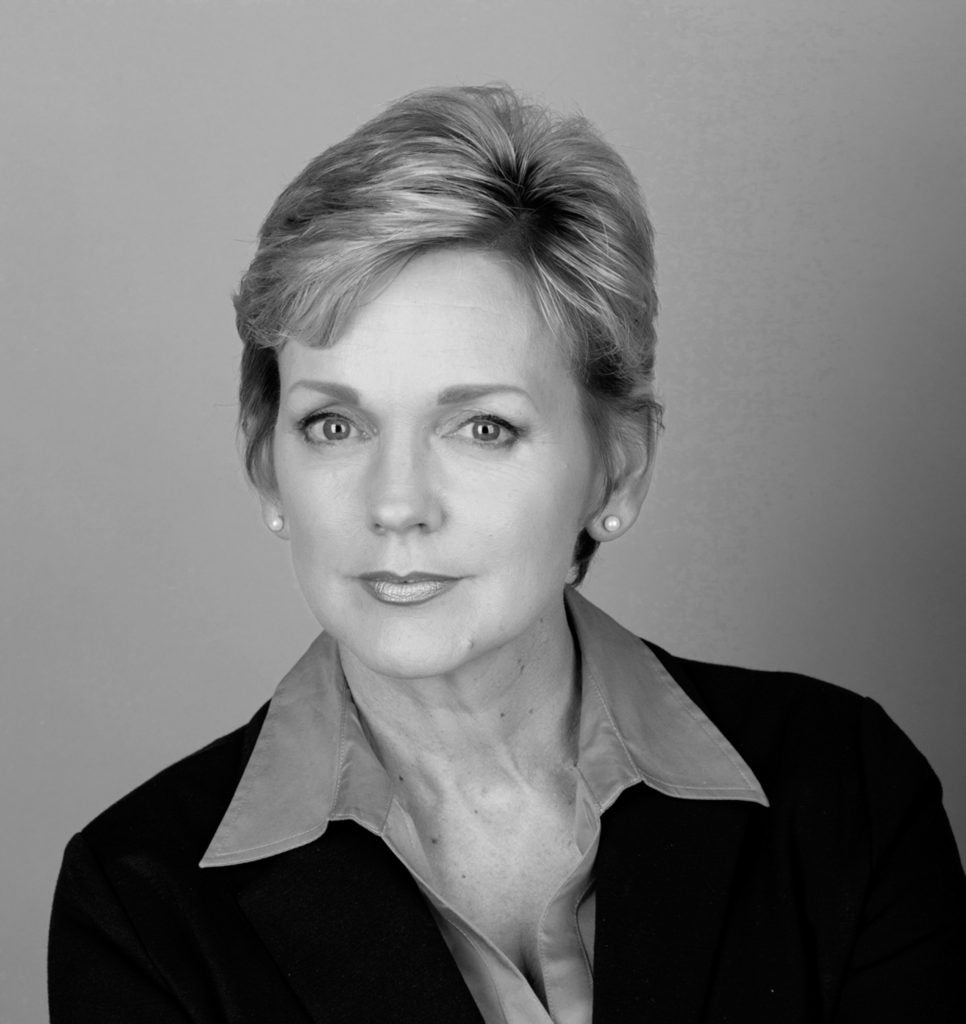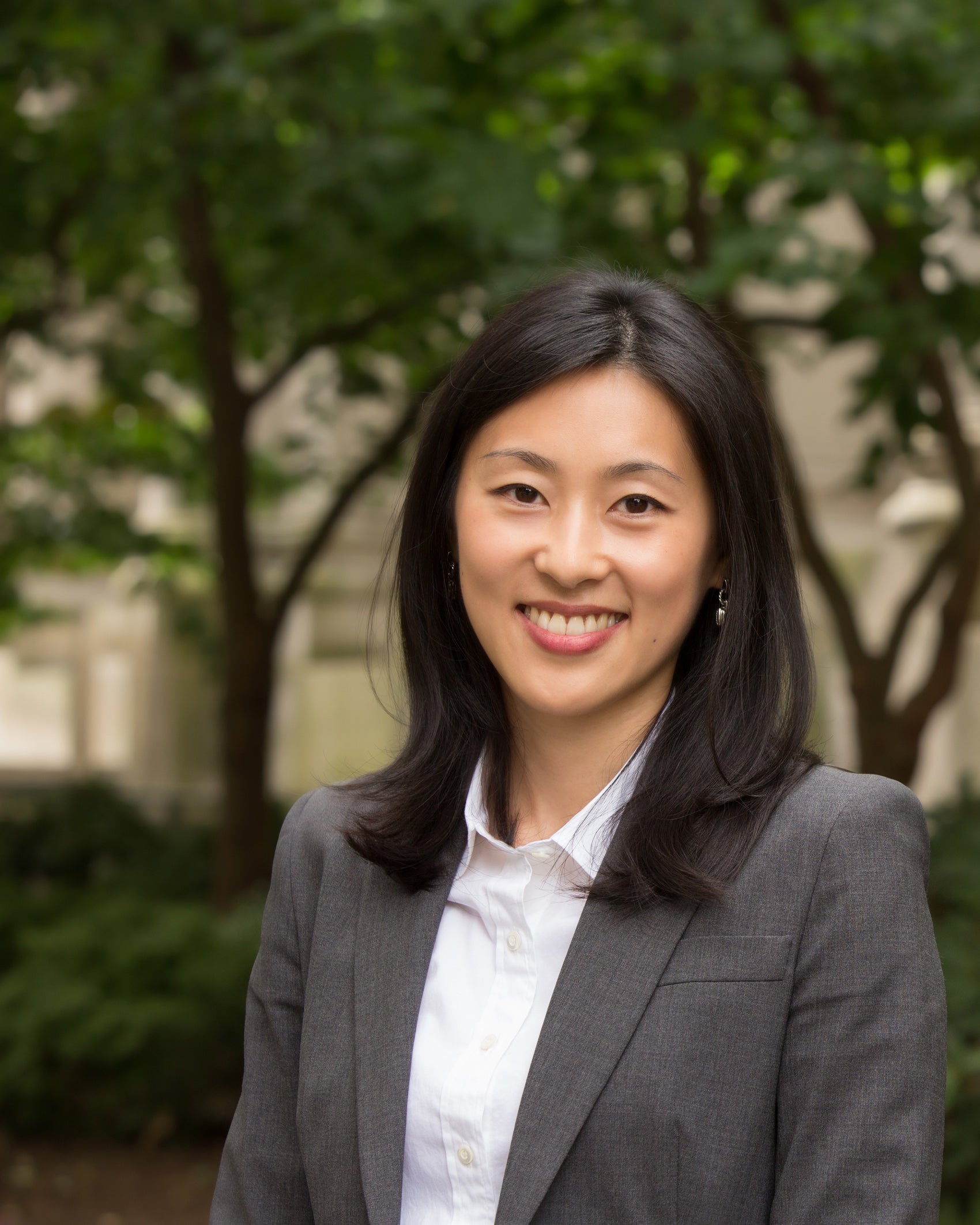A photo exhibit featuring portraits of legal scholars who represent traditionally marginalized voices will be displayed in Harvard Law School’s Wasserstein Hall from Nov. 17-22.
The exhibit, “Diverse Voices,” was conceived by a coalition of student groups at Harvard Law School to commemorate diverse voices in the law on the first anniversary of an incident in November 2015 when the portraits of HLS African Americans were defaced with black tape. The project was a joint effort of students from Harvard Law School’s Asian Pacific American Law Students Association, Black Law Students Association, La Alianza, Lambda, Native American Law Students Association, and the Women’s Law Association.
Student organizers say the goal of the exhibit is to continue the conversation about diversity in the law as it pertains to diversity within law school faculties.
The featured scholars, who come from a variety of legal concentrations, have used their accomplishments and scholarship to support causes ranging from immigrants’ rights to indigent criminal defense and racial justice. By recognizing some of the diverse scholars who shape legal theory, the students hope to highlight the need for law school faculties to better represent and reflect student populations.
Below are selections from the exhibit of some of the scholars highlighted.
The collection will be displayed through Tuesday, on the ground floor of Wasserstein Hall.
***
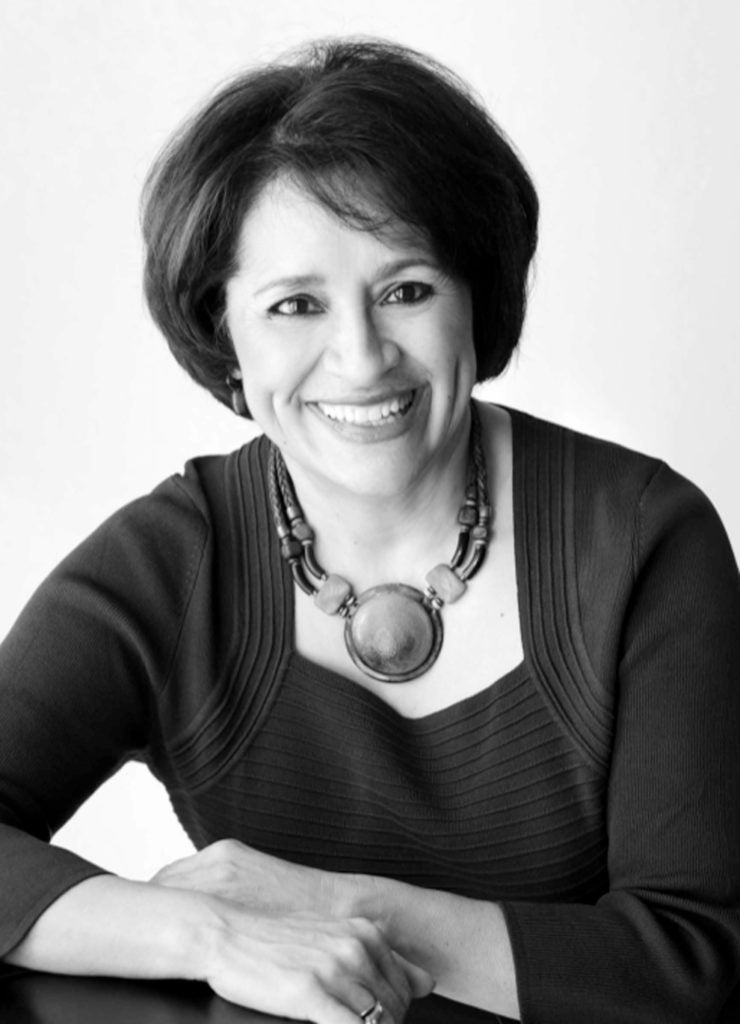
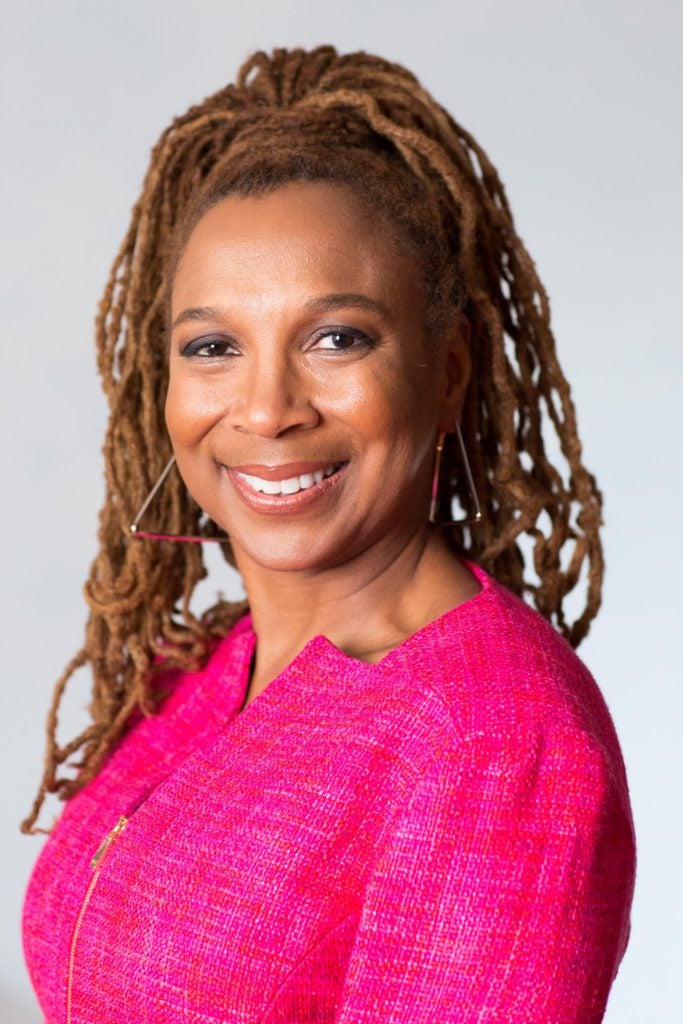
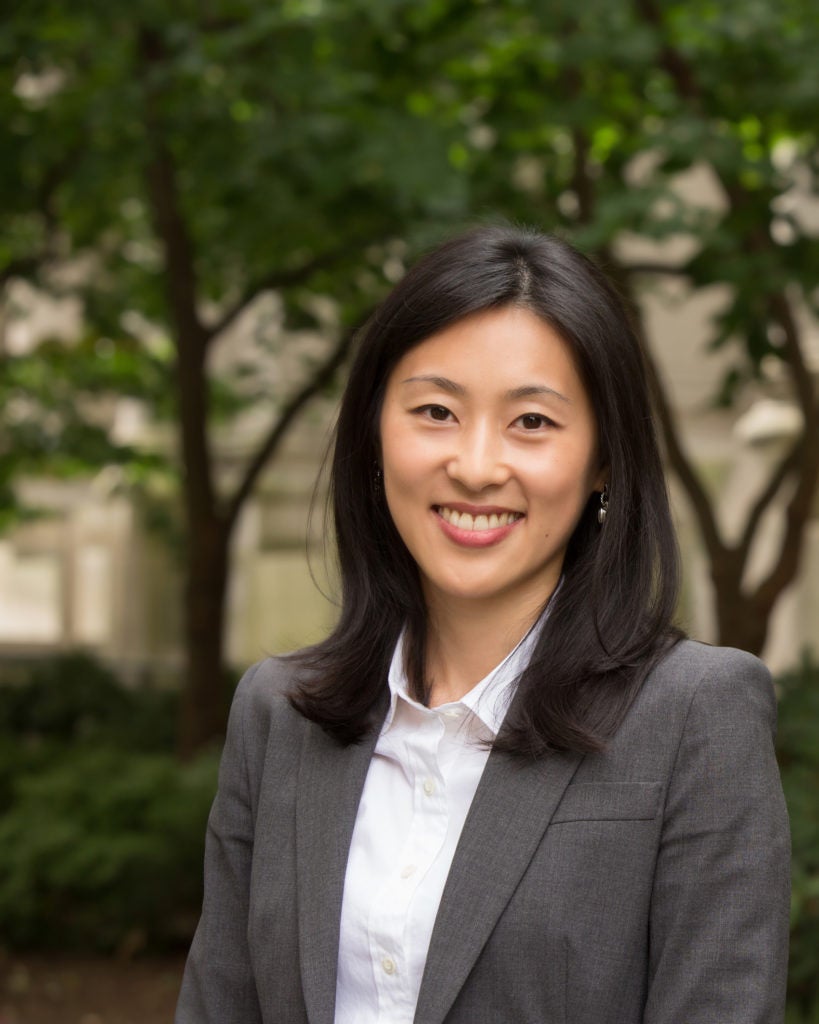
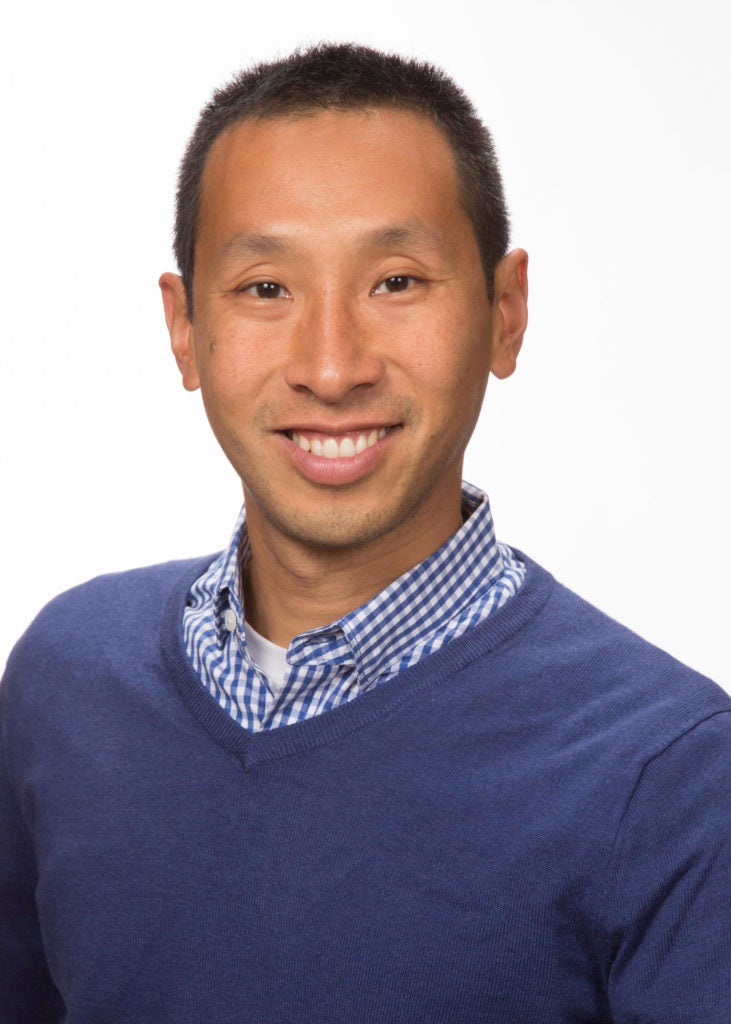
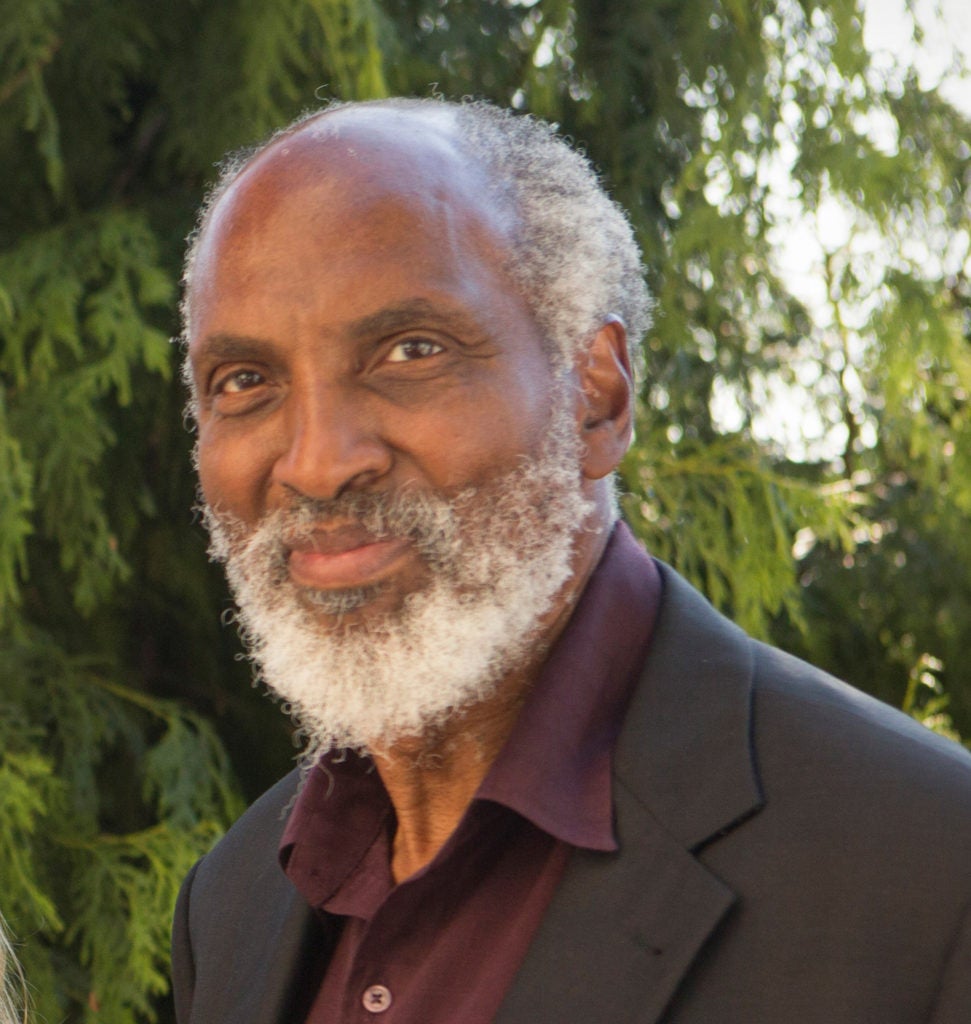
An expert in Civil Rights, Civil Liberties, Structural Racism, Housing, Poverty and Democracy, john a. powell is Director of the Haas Institute for a Fair and Inclusive Society and Professor of Law, African American, and Ethnic Studies. He previously served as the Executive Director at the Kirwan Institute for the Study of Race and Ethnicity at the Ohio State University and the Institute for Race and Poverty at the University of Minnesota. He was formerly the National Legal Director of the American Civil Liberties Union. john is a co-founder of the Poverty & Race Research Action Council and led the development of an “opportunity-based” model that connects affordable housing to education, health, health care, and employment. His latest book is “Racing to Justice: Transforming our Concepts of Self and Other to Build an Inclusive Society.”
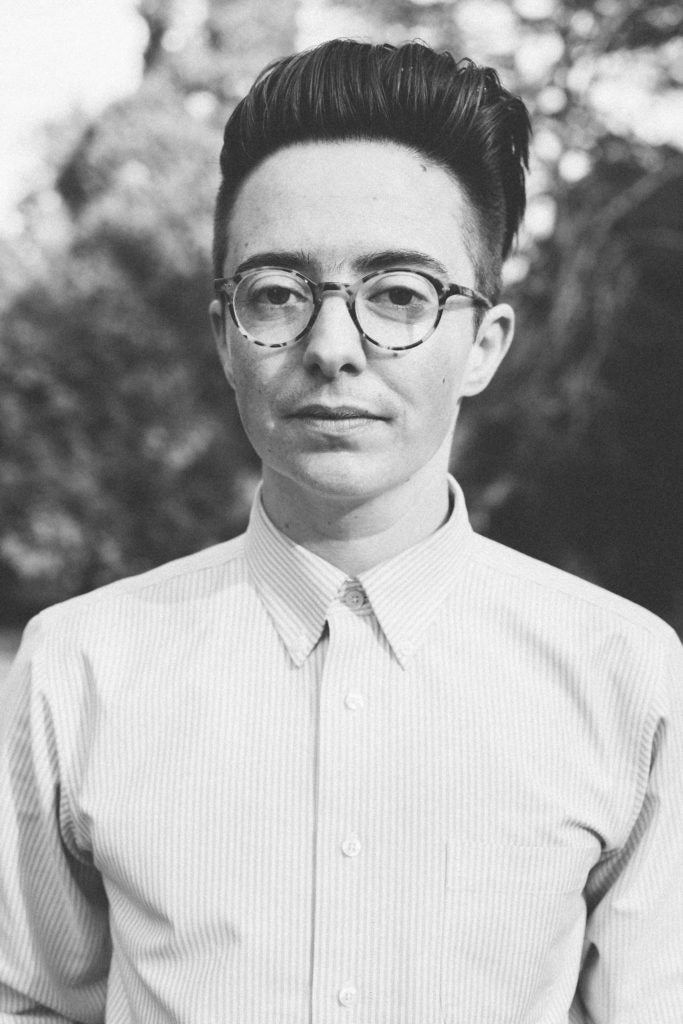
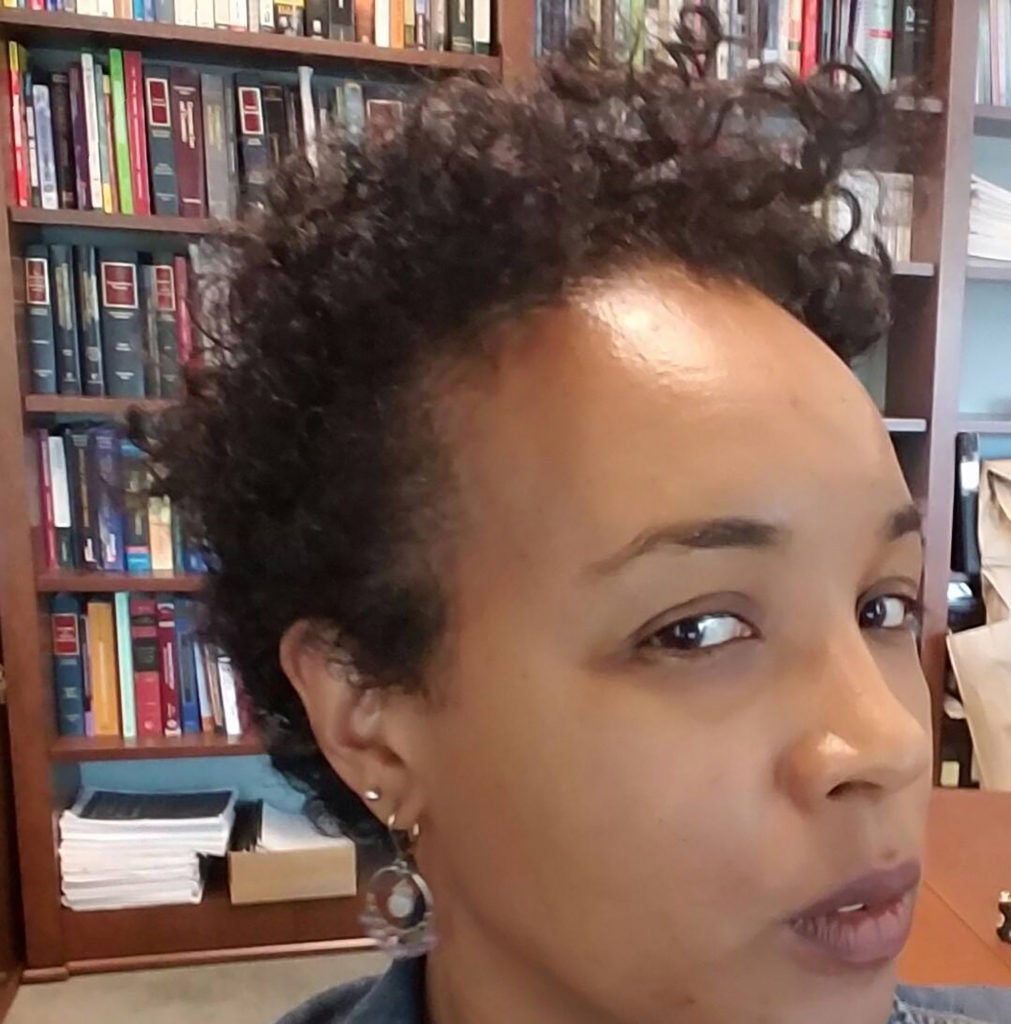
University of Michigan Law School. Her research has been published in the American Economic Review and Harvard Business Law Review and cited in media, including The Economist, and in congressional testimony. She is co-editor with Sondra Hale of the book Sudan’s Killing Fields: Political Violence and Fragmentation. Professor Beny has also published numerous opinion pieces on Africa, particularly Sudan and South Sudan. She has also served as a legal consultant on projects in the U.S. and Africa and practiced at Debevoise & Plimpton. She currently serves on the University of Michigan African Studies Center’s executive committee.
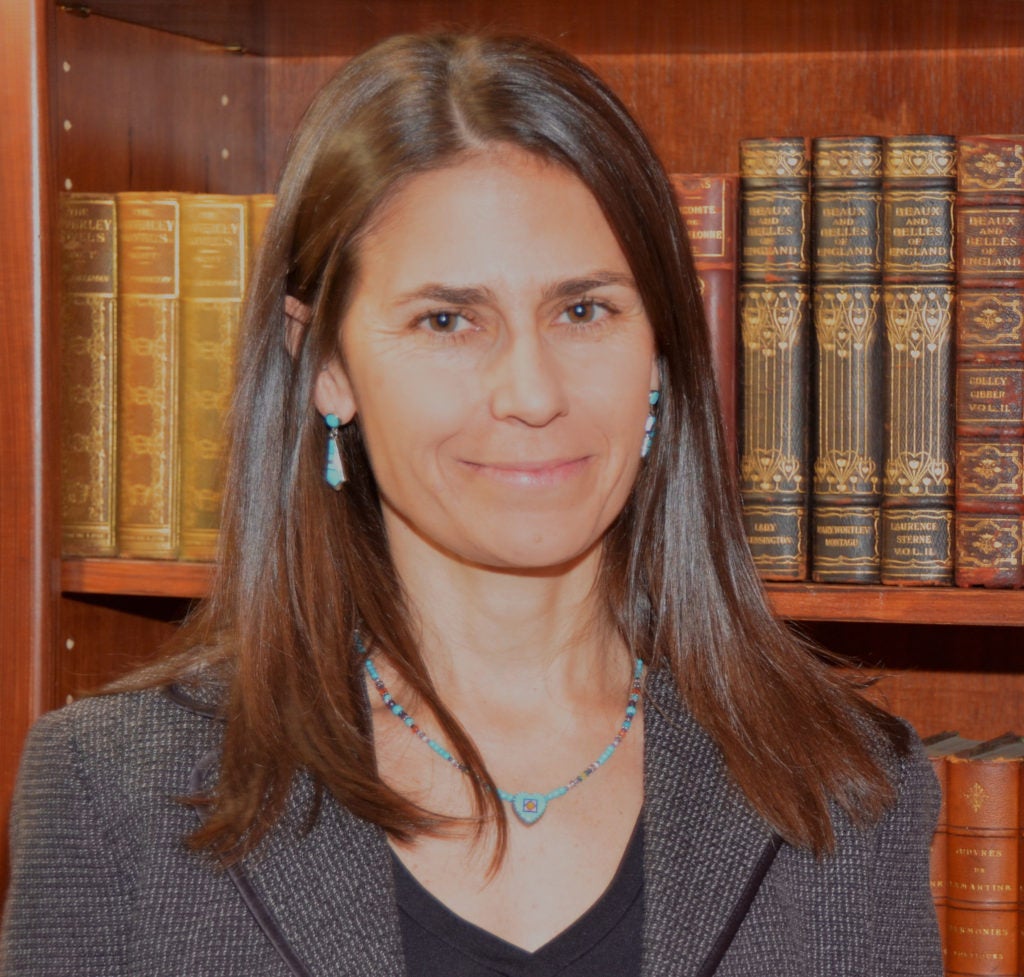
at the University of Colorado, Professor Kristen Carpenter is a graduate of Harvard Law School and a leader in the often overlooked, but extremely important field of federal Indian law. Her work has been published in the Yale Law Journal, UCLA Law Review, and many others. In addition to her groundbreaking research, Carpenter is also an editor of Cohen’s Handbook on Federal Indian Law: the treatise courts look to for guidance on federal Indian law questions. She has served as a dean at the University of Colorado Law School and played an instrumental role in advancing indigenous rights at the UN. Professor Carpenter clerked at the 10th Circuit Court of Appeals.
